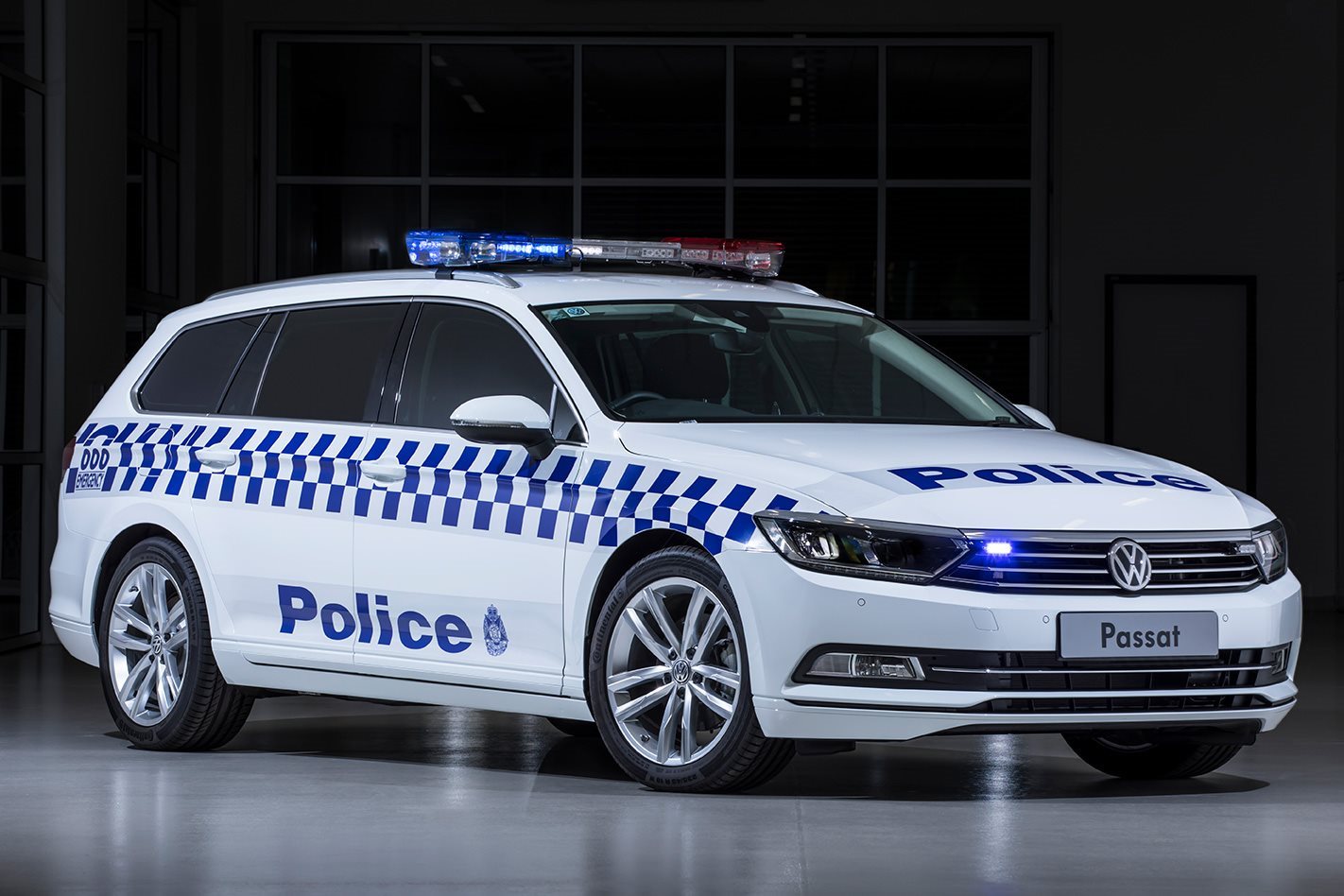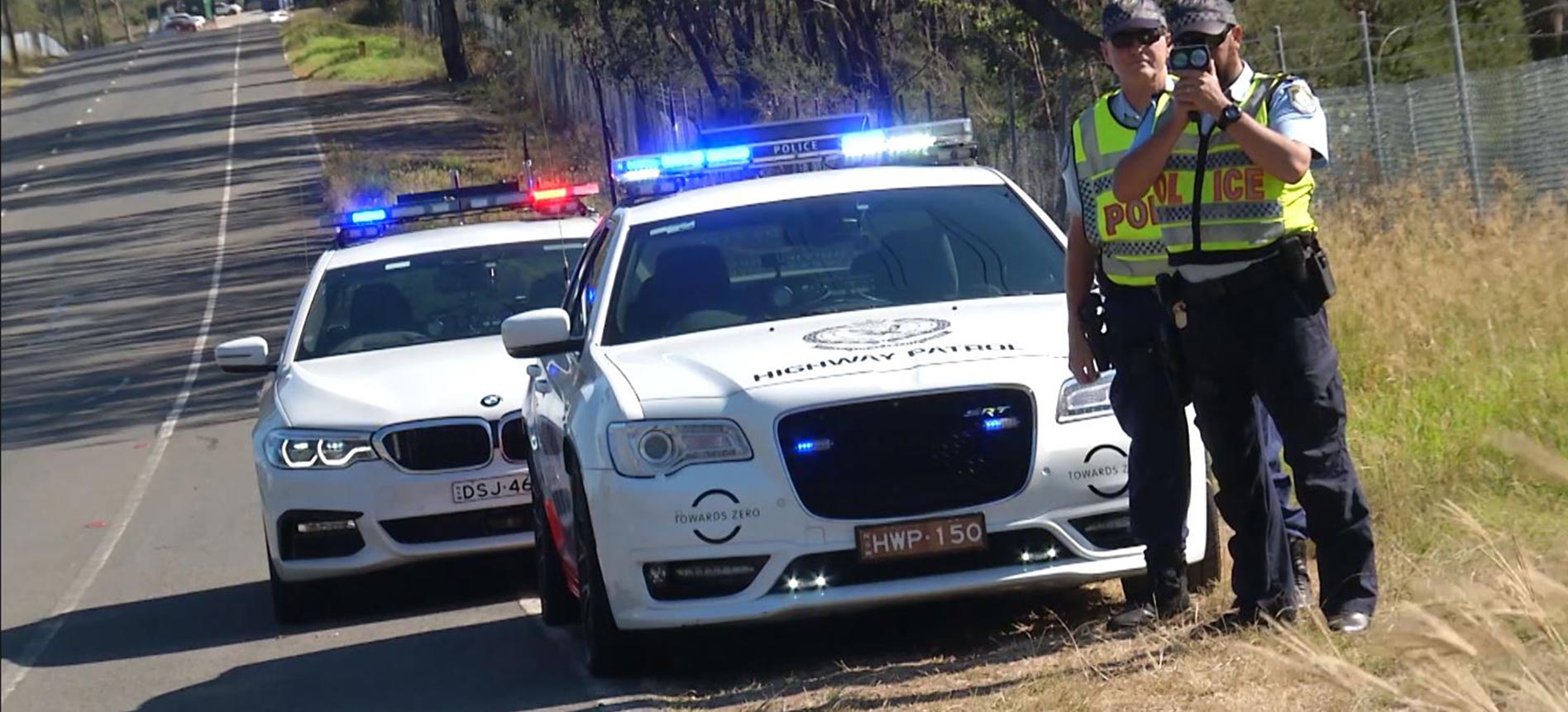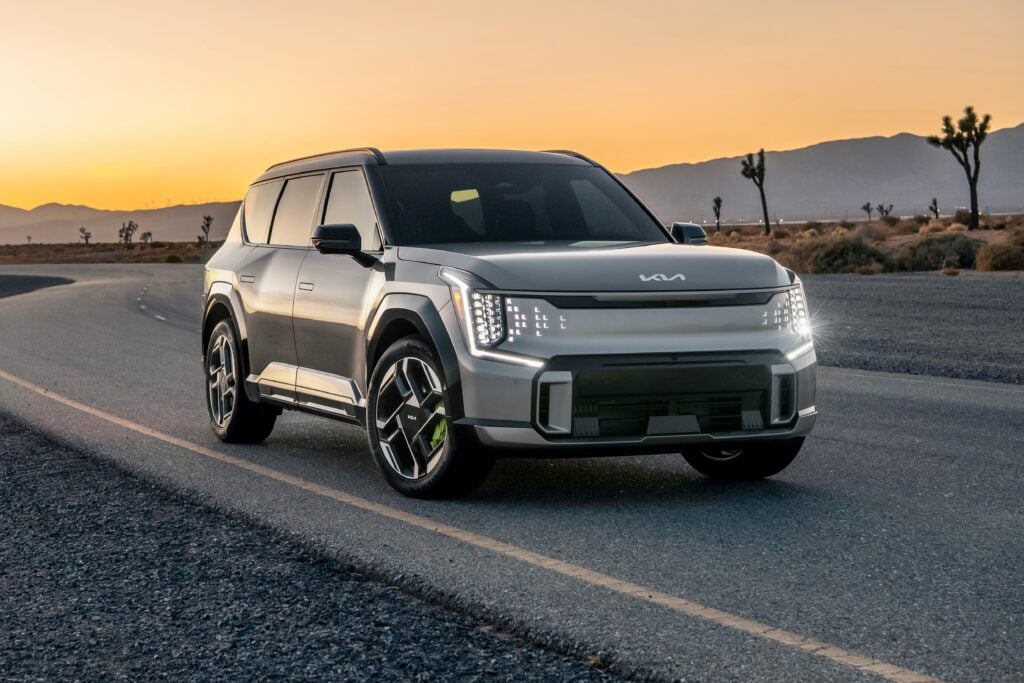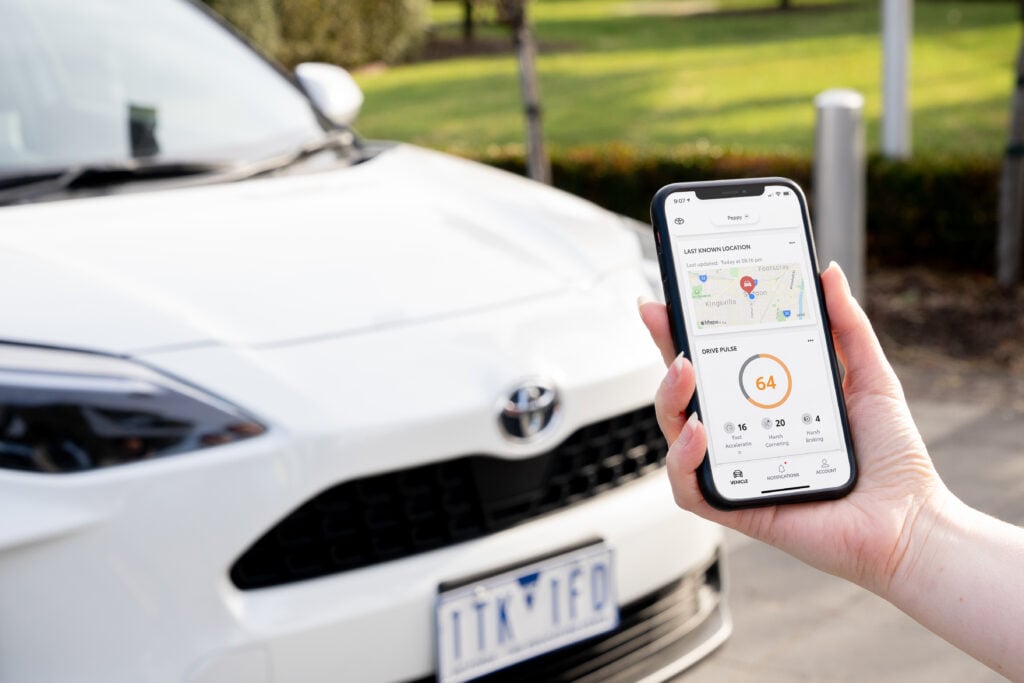
In an unprecedented move, police forces across the country have announced that they will not conduct static random breath tests for the foreseeable future.
The ban is blamed on the coronavirus pandemic in Australia, which is causing major disruptions to work, education, transport and sporting arrangements throughout the country.
More coronavirus news
- How to minimise COVID-19 exposure in your car
- Industry reels from coronavirus as Elon Musk scoffs
- Australian Grand Prix cancelled after COVID-19 case confirmation

“The Queensland Police Service (QPS) has suspended static (multi-vehicle) roadside breath and drug tests to reduce the risk of COVID-19 transmission,” read a statement from the QPS.
“This approach will take immediate effect and remain in place until further notice. The decision has been made to minimise health risks to QPS officers and the community.”
The QPS says that it will continue to conduct what it calls “mobile” alcohol and drug testing. Though it did not offer an explanation as to the difference, it’s understood that the higher risk associated with static operations – where 50 to 60 motorists per hour can be checked – has led to the ban.
Meanwhile, NSW Police have said its officers have the power to choose whether they participate in static RBT operations or not.
“The NSW Police Force is taking measures to keep our workforce healthy and ready to maintain the highest level of response to the community of NSW”, read a statement.
“The Police Commissioner, in consultation with the Minister for Emergency Services, has determined police officers may decide it is not reasonable to undertake stationary RBT and RDT in the current climate.
“Police officers will therefore use their discretion to determine the viability of conducting stationary RBT and RDT [random drug testing].”
No police service has put an end date on the static random breath test ban. Random breath testing kicked off in 1982 and it is said to be responsible for a 40 per cent drop in road fatalities over the ensuing years.
Police officers contacted by WhichCar maintain that they will still be on the lookout for persons under the influence of alcohol, and every patrol car on the road carries RBT and RDT kits as standard.
WhichCar’s take: why broadcast the message?
What an astonishing announcement by the Police Association tonight. The union for coppers across the country has a duty of care to its members, but police also have a duty of care to the public who they are paid to protect.
Police, like health workers, cleaners and anyone else potentially exposed to the COVD-19 bug needs to be protected as much as possible. But why announce that static random breath testing won’t be carried out in such a grandiose way?
It could have been quietly benched by the country’s largest police forces, with smaller-scale breath testing operations carrying on as before.
And that’s a valid point, too, if you’re thinking of drinking and driving – you can still be picked up by a single patrol car, and your insurance company will walk away from you quick smart if you crash and test positive afterwards.
But as it stands, it’s a pretty dopey way to broadcast the message.




